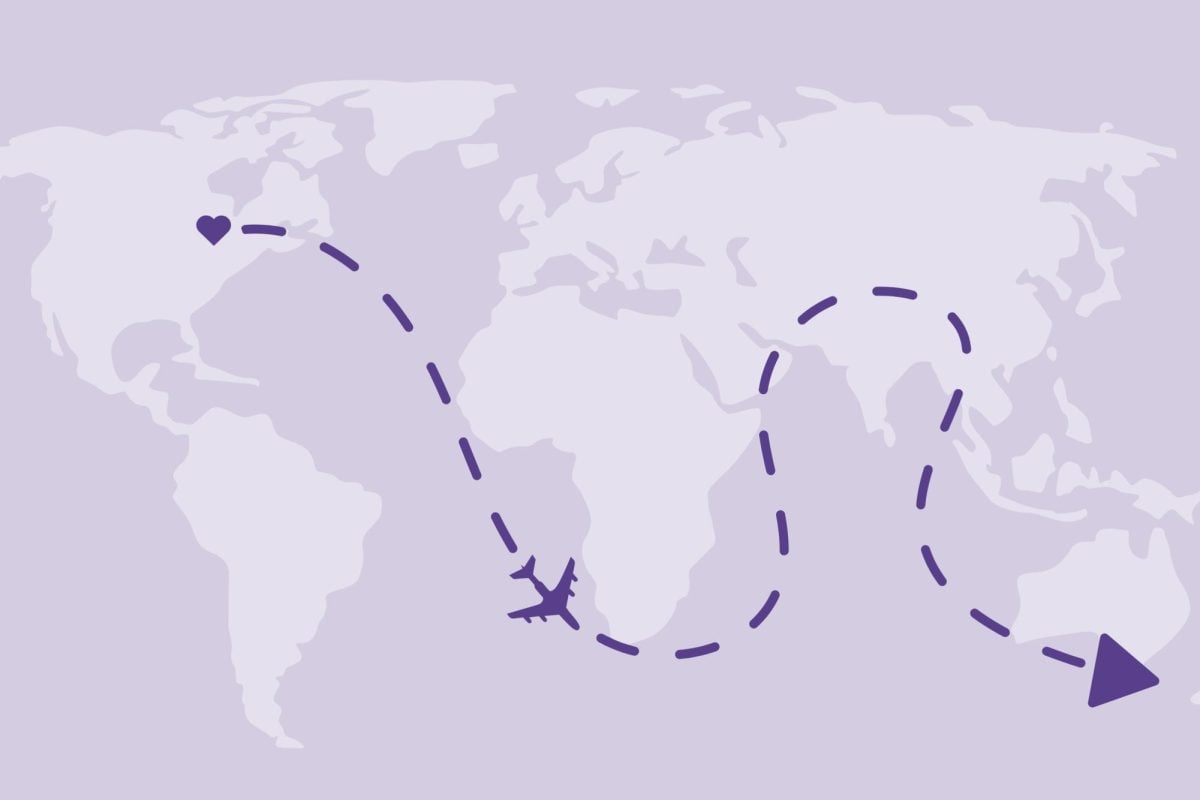From Uganda to Japan, about 50% of Northwestern students choose to go abroad during their time at NU, according to the Global Learning Office. However, with varying costs of attendance at more than 150 available GLO programs, financing a study abroad experience can be quite challenging. The Daily is here to break down options for saving money.
For unaffiliated programs, funding options are limited to scholarships. However, NU offers need-based aid for NU programs, Global Engagement Studies Institute, Northwestern exchanges and affiliated programs.
Need-Based Aid
GLO works closely with NU’s financial aid office to determine financial aid packages, GLO Director Sara Tully said. The aid covers tuition, food, cost of living, books and travel to the site, according to Tully.
“We have the cost of attendance calculations for every single program,” Tully said. “The range is quite broad.”
For programs that cost more than a quarter at NU, aid will be increased, and for students with federal work-study, a subsidized loan will replace those funds, according to GLO’s website.
There is also the Bridge Builder program, which covers the cost of roundtrip airfare if financial aid hasn’t hit a student’s account yet. After aid is applied, the school will be reimbursed.
Loans and Scholarships
Similar to on-campus undergraduate programs, students can take out loans to cover study abroad. Tully said this is often used as a supplement for students whose aid doesn’t cover the full cost of their experience.
Students can also apply for scholarships to help cover the cost of academic-year and summer study abroad programs.
Scholarships are especially beneficial for students participating in unaffiliated programs, since NU aid doesn’t cover unaffiliated programs.
General Tips and Planning
One thing financial aid doesn’t factor in is travel to other places, which is a common activity during study abroad. Tully said equity of experience is something GLO is concerned about and trying to improve.
Medill sophomore Sophia Vlahakis is planning to study in Madrid next fall, and said she’ll look for inexpensive transportation and lodging when she travels to other cities.
“I know I’m going to want to travel to big cities, but I’m going to look to stay on the outskirts and I’m very open to staying in hostels or rooming with as many people as possible,” Vlahakis said.
Tully said GLO offers several financial trainings, information sessions and budgeting workshops as part of its pre-departure program. She said budgeting with foreign currency can be “more complicated,” especially for students from the U.S.
Weinberg senior Sophie Brill, who studied in Copenhagen last fall, said paying attention to where you study abroad is also important for planning, as some cities have a higher cost of living than others.
“I wish I had spent more time learning how studying abroad in different places would impact me financially,” Brill said. “I had to be really disciplined during the week at school, trying to make food and not eat out, and not spend a ton of money outside of when I was traveling.”
Tully said deciding when to study abroad can also impact the total cost. She added that studying abroad in the summer can be a less expensive option, although doing so adds an additional quarter for financial planning.
While study abroad can dig deep into the pockets, planning ahead, talking to financial advisors and using the available resources can help to minimize the costs.
Email: [email protected]
Related Stories:
— Lights, camera, action: RTVF students take film to Prague
— Students studying abroad in the fall scramble to find subletters
— Students studying abroad reflect on their programs, develop new perspective on Northwestern






